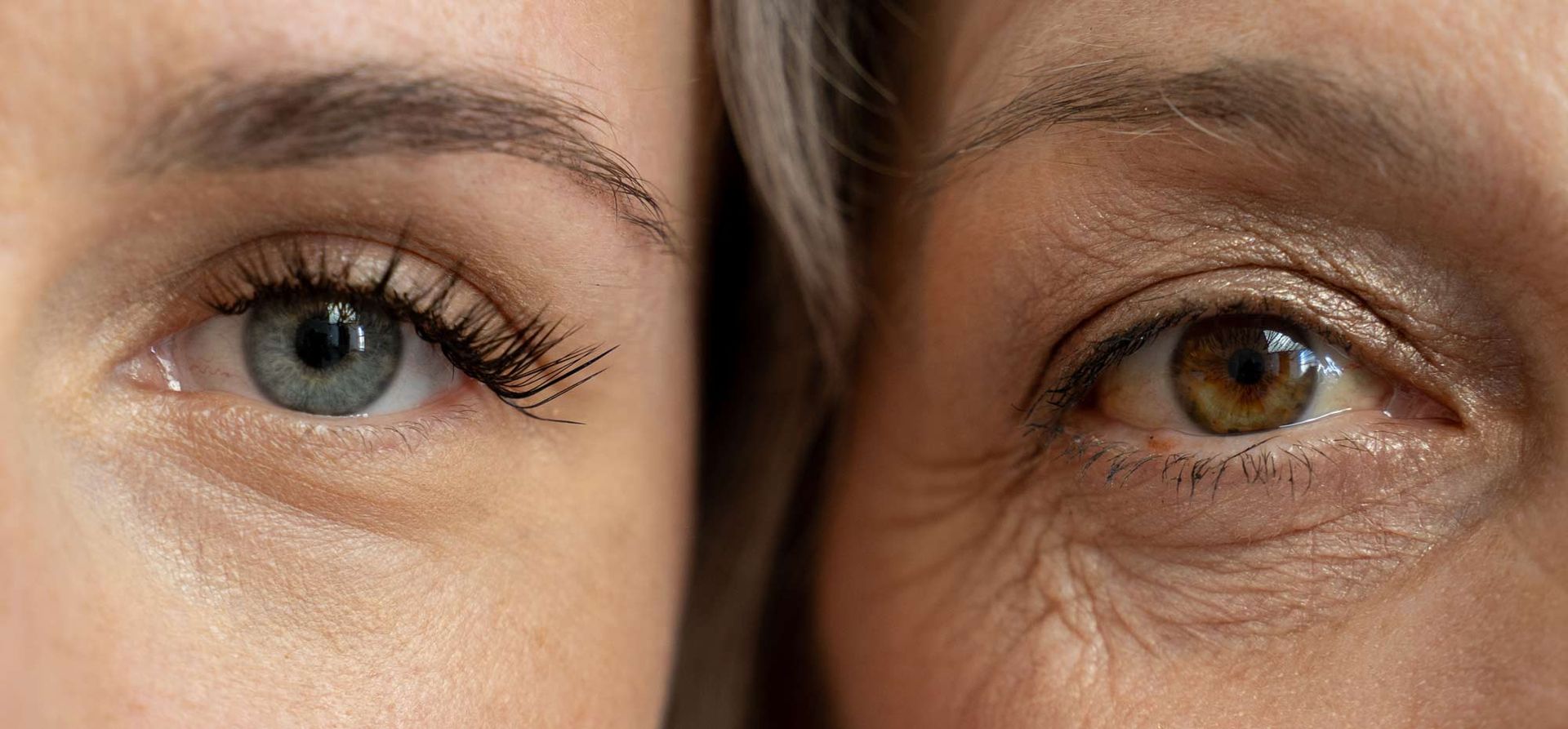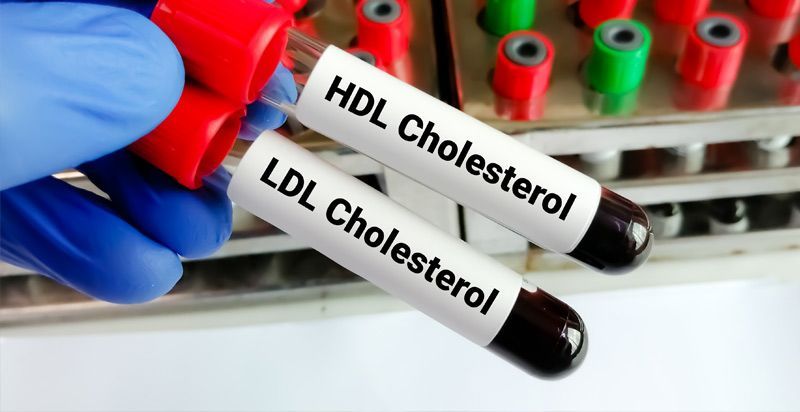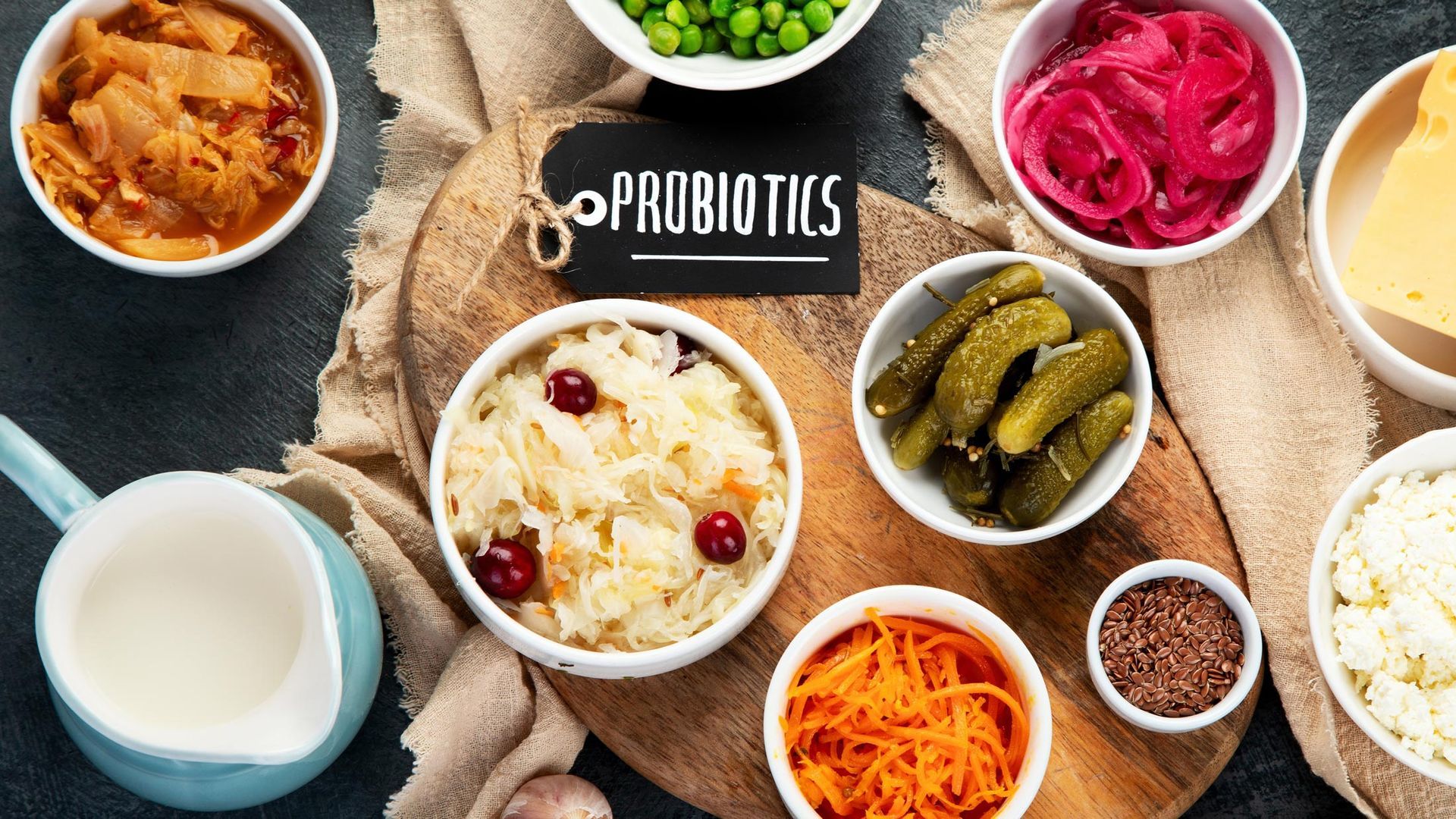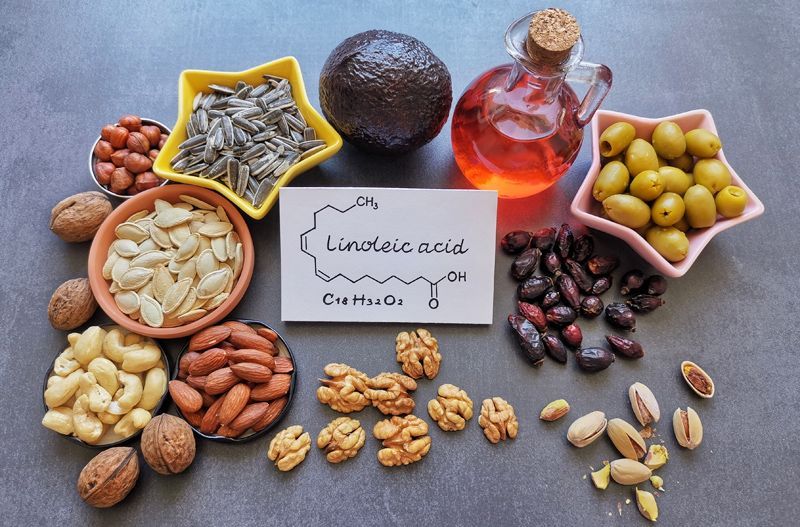Activated Protein Kinase (AMPK) and Anti-Aging
Patients who have followed my nutritional protocols consistently for years often show marked improvement in biological age. Many of my octogenarian patients are not only thriving, but they’re also healthier than they were a decade ago.
-Dr. Louis Granirer

Aging is inevitable, but how we age is not. While we all know our chronological age and the number of candles on our gluten/dairy-free birthday cake, our biological age can tell a very different story. Biological age reflects how well or poorly our body functions compared to the average person our age. One person may be 50 chronologically but biologically 40. Another may also be 50 but biologically 65.
Unlike chronological age, biological aging is shaped by a complex interplay of internal and external factors. These include DNA methylation, systemic inflammation (such as C-reactive protein levels), liver detoxification efficiency (Phase 1 and 2), blood sugar regulation, maximum aerobic pulse, resting heart rate, grip strength, mobility, muscle mass, skin elasticity, and the presence or absence of chronic conditions.
In the Journal of Aging (March 2023; 22:15(6):1833–1839), a study titled “Potential Reversal of Biological Age in Women Following an 8-Week, Methylation-Supportive Diet and Lifestyle Program” showed an average biological age reduction of 4.6 years. The participants followed a protocol that included nutritional supplementation, exercise, and sleep and relaxation guidance. One participant saw a remarkable 11.01-year decrease in biological age, after just 8 weeks.
In my own practice, I’ve seen similar results. Patients who have followed my nutritional protocols consistently for years often show marked improvement in biological age. Many of my octogenarian patients are not only thriving, but they’re also healthier than they were a decade ago.
Everyday lifestyle choices—what we eat, how much we move, how we manage stress, the quality of our sleep, and the strength of our social connections, play a significant role in how we age.
One enzyme gaining increasing attention in the field of aging is AMPK (adenosine monophosphate-activated protein kinase). AMPK helps maintain cellular energy balance by sensing low energy levels and activating processes that generate energy, such as glucose and fatty acid uptake and oxidation. It also inhibits energy-consuming processes like fat synthesis and plays a crucial role in mitochondrial biogenesis. AMPK is primarily expressed in the liver, brain, and skeletal muscle and is activated through physical exertion.
The activation of AMPK promotes:
- Fatty acid oxidation and ketogenesis in the liver
- Fatty acid oxidation and glucose uptake in skeletal muscle
- Inhibition of cholesterol and triglyceride synthesis
- Modulation of insulin secretion
- Reduction of systemic inflammation
- Support for mitochondrial function and cellular cleanup through autophagy.
- Improved insulin sensitivity and metabolic health
- Potential protection of DNA and telomeres
In my practice, I focus heavily on reducing chronic inflammation, which is the cornerstone of any effective anti-aging strategy. This is why many of my protocols yield noticeable anti-aging effects.
AMPK also mimics the effects of dietary restriction, such as intermittent fasting. While fasting isn’t suitable for everyone, AMPK can also be supported through diet and supplementation. Avoiding substances like sugar and palmitic acid (found in palm oil and processed foods) can enhance AMPK activity. Interestingly, the diabetes medication metformin also increases AMPK, and while it’s used in some anti-aging protocols, it can deplete nutrients and has a long list of side effects.
There are many natural ways to support AMPK, including:
- Barberries
- Black cumin
- Apple cider vinegar
- Hibiscus and lemon verbena tea
- Soluble fiber (e.g., butyrate)
- Resveratrol (from Japanese knotweed, berries, and grape skins/seeds)
- EGCG (in green tea)
- Curcumin (from turmeric)
- Omega-3 fatty acids
- Leucine (a branched-chain amino acid)
- NAD+
- Flavonoids like hesperidin (found in the peel and white pith of citrus fruits)
New research continues to uncover nutritional compounds that may help reverse the effects of aging. If you have questions about supporting your body with an anti-aging strategy, please don’t hesitate to reach out.








